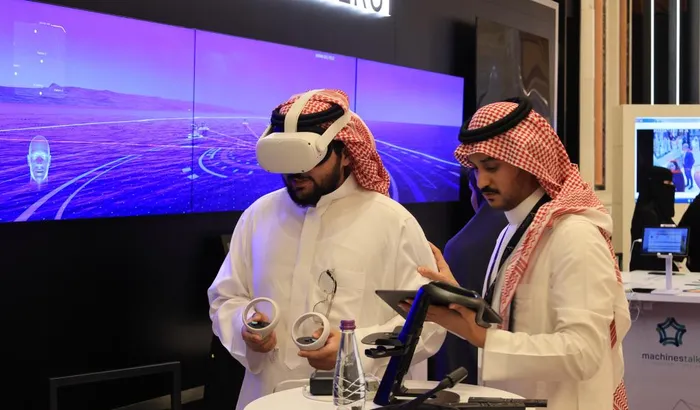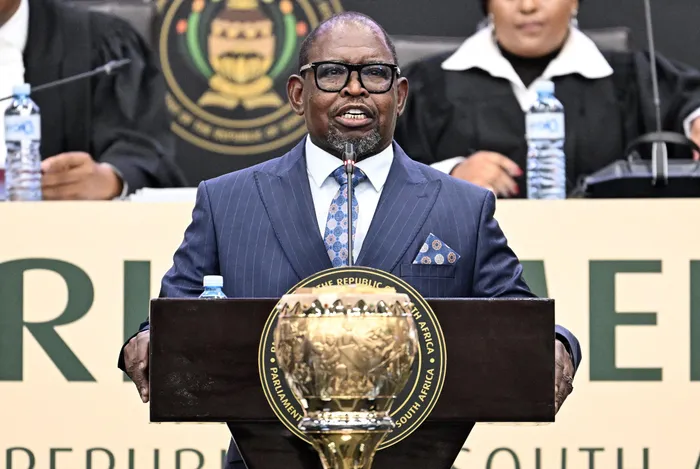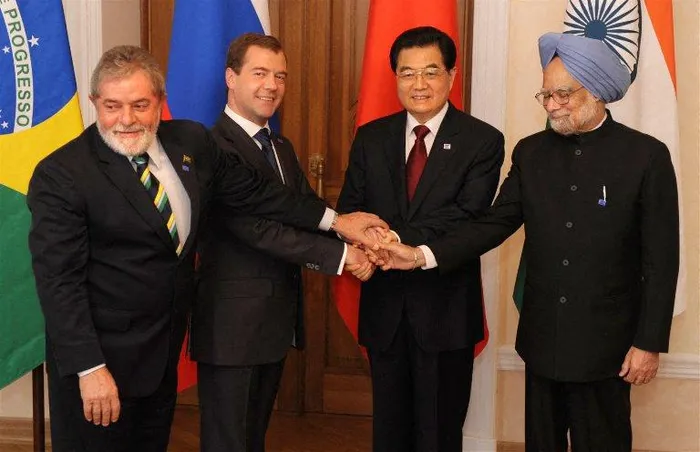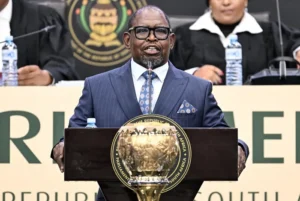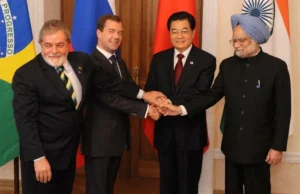Artificial intelligence has become the newest frontier in global economic competition not only between companies, but between entire states. Across the Global South, governments are beginning to recognise that AI is no longer a matter of technological adoption; it is a question of national power, data control, and industrial positioning. The Middle East, particularly the Gulf region, is now offering one of the most instructive case studies in how emerging economies can harness sovereign wealth and state planning to build AI ecosystems from the ground up.
State Capital and the New Model of AI Development
In contrast to the private-sector dominance of Silicon Valley or Shenzhen, the Gulf’s AI boom is being driven almost entirely by sovereign funds and public policy, not venture capital. The United Arab Emirates and Saudi Arabia have taken the lead, embedding AI development into long-term national visions. The Saudi government aims to launch 300 AI-focused startups and attract over $20 billion in investment by 2030, backed by the Public Investment Fund’s $40 billion AI portfolio. Meanwhile, Abu Dhabi’s Mubadala Investment Company, together with G42, has channelled capital into infrastructure, research, and computing capacity through new vehicles like MGX, a joint government platform targeting $100 billion in AI-related assets.
This model represents a decisive shift: artificial intelligence as an instrument of statecraft. In an era where data fuels both economies and militaries, the Middle East is prioritising digital sovereignty ensuring that algorithms trained on national data remain under national control.
From Energy Wealth to Data Wealth
The Gulf’s historical success in monetising oil is now being replicated in data. Officials in Riyadh and Abu Dhabi increasingly describe data as the “new oil”, and the logic fits: whoever owns and refines the raw material, in this case, information, controls the value chain. According to the region’s leading tech investors, AI startups in the Middle East drew around $700 million in venture funding by late 2024, a small figure compared with Western markets, yet it reflects the intentional dominance of public investment.
Flagship firms like Infinia Technologies, backed by Abu Dhabi’s International Holding Company (IHC), are designing proprietary hardware, software, and open-source models. Among them: the Falcon large-language models, the Arabic-centric Jais, and the clinical-grade Med42. Such projects are not just commercial products; they are instruments of digital self-determination. By training models on local datasets rather than outsourcing to Western AI giants, the region aims to retain both data and dividends within its own borders.
Infrastructure, Language, and Local Intelligence
Another strategic insight from the Gulf is that AI capability is not merely about algorithmic talent it is about infrastructure and cultural fluency. The UAE’s open-source K2 Think model, developed by the Mohamed bin Zayed University of Artificial Intelligence and G42, was built as a cost-efficient, energy-aware counterpart to U.S. and Chinese systems. Its multilingual training set drawn from the UAE’s population of over 100 nationalities provides a unique competitive edge: diversity as data richness.
For BRICS+ members, this carries a clear message. Countries like India, Brazil, and South Africa already possess vast linguistic and demographic diversity — powerful raw material for model training. The challenge is not whether these nations have enough data, but whether they can govern, secure, and monetise it strategically, transforming social complexity into technological capability.
Implications for the BRICS+ Agenda
The lessons are immediate. Just as Gulf states use sovereign wealth funds to underwrite AI acceleration, BRICS+ nations could deploy development banks, innovation funds, and regional financial institutions to achieve similar ends. The New Development Bank (NDB), for instance, could finance cross-border AI infrastructure shared data centres, GPU clusters, and model-training hubs across the Global South.
At the same time, policy harmonisation is key. If AI is to serve inclusive growth, it must rest on common standards for data protection, interoperability, and equitable value-sharing. Without coordination, the Global South risks fragmentation where each country builds in isolation, duplicating costs and widening internal divides.
Moreover, the Middle East’s rapid rise as an AI hub signals an emerging south–south competitive collaboration. When regions such as the Gulf, South Asia, and Africa each cultivate their own AI capacity, the balance of technological power begins to decentralise. The result could be a multipolar digital order — one where innovation no longer flows solely from North to South, but laterally across developing economies.
Building AI for Development, Not Dependence
For the BRICS+ community, the question is not whether to follow the Middle Eastern model, but how to adapt it. The core principle that AI should be treated as strategic infrastructure rather than consumer technology is universal. National data centres, public-private research labs, and regional computer-sharing agreements could form the backbone of a Global South AI commons.
As the Gulf experience shows, early movers can shape the standards, governance models, and market share of the future. According to the International Data Corporation (IDC), Middle Eastern AI spending is set to exceed $8.4 billion by 2026, growing at nearly 30% annually, while the global AI economy may add $15.7 trillion to world GDP by 2030. For BRICS+ economies that together represent over 40% of the global population and nearly 32% of GDP, coordinated investment and regulation could translate that potential into self-reliance rather than dependence on imported algorithms.
The race for AI is not a sprint of start-ups; it is a marathon of nations. The Gulf has shown that vision, state coordination, and long-term capital can fast-track digital transformation. For BRICS+, the opportunity is clear: build AI systems that speak their own languages, reflect their own realities, and serve their own people.
Chloe Maluleke
Associate at BRICS+ Consulting Group
Russian & Middle Eastern Specialist
** MORE ARTICLES ON OUR WEBSITE https://bricscg.com/ (https://bricscg.com/)
** Follow https://x.com/brics_daily (https://x.com/brics_daily) on X/Twitter for daily BRICS+ updates
